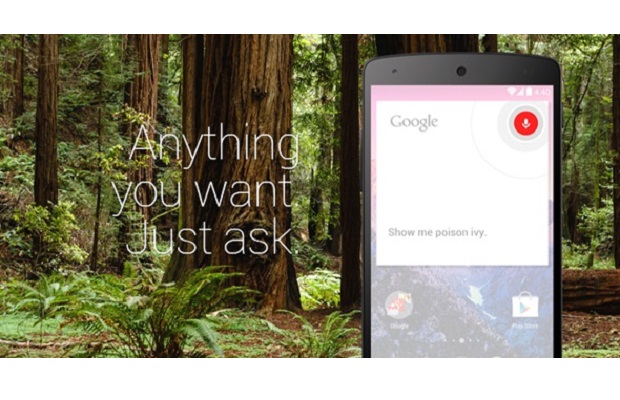There is a big appetite for voice search in the UK, with 42% of new adopters now using voice commands daily, compared to 25% four years ago, according to new research from Google.
The study, from Google UK, analyses consumer perceptions of voice and text search as well as broader mobile web experiences.
The research shows that voice is commonly used among those surveyed, with a staggering 75% acknowledging that they search more than ever now that they can use mobile voice search and a mere 10% using voice search occasionally.
67% type mobile text searches several times a day and 51% use voice and text search interchangeably.
Those who have started using voice in the last six months are the most frequent voice adopters, with 42% using it daily, in comparison to those who started using it over four years ago, where it is frequently used by just 25%.
From text to voice: The evolution of search
While 57% believe text search to be a highly functional traditional medium, 45% of those surveyed perceive voice to be the future search tool. 83% agree that voice search will make it easier to search for things anytime people want. 89% are of the perception that voice search will enable people to search for things more quickly than they do now, and also expect Google will be smart enough to recognise our voices and respond accordingly.
Barriers to overcome
User search experience is proven to be influenced by consumer age. The research found that while 50% of millennials feel more frustrated by slow web page loads, just 28% of those aged between 35-44 felt frustrated by this.
Whilst voice search is constantly improving, 57% of those surveyed said that they would use the search tool more if it recognised more complex commands. This want for perfection relates to search results. While the results appear concise and comprehensive, 58% of respondents said they would like more detailed results when using search, and 42% also highlighted that their usage would increase if they knew more about the best ways of using voice search.
The psychology behind search
State of mind has an impact on perceived speed of search. When sitting down, 25% of respondents felt search was too slow, in comparison to when on the move, when almost double (48%) felt this way. 68% of people who feel rushed and anxious argue search is too slow, while just 21% of people feeling calm have this opinion.
Commenting on the results, Matt Bush, Director of Agencies – Google UK, says: “Our research shows the sheer potential of voice and search more broadly as a way for brands to authentically communicate with audiences. By taking time to learn how consumers are using it, considering the impact external factors have on consumer perceptions, as well as acknowledging ways search can be enhanced across voice, text and mobile platforms, it will become a hugely successful channel of communication that will lead to personal and engaging connections with those who matter most – consumers.”
About the research
Talking the Talk: Google Voice Search research was carried out in a three part process: There was a 15 minute online survey with 3,000 respondents, 15 two hour professionally filmed depth interviews and eight one hour brain scan labs.
Project Speed: Evaluating the role of speed in a mobile web experience: A four stage methodology was carried out. 127 respondents were firstly recruited from online access panels, mobile web behaviour was then monitored over a two week period. This was followed by short event-driven surveys of 373 respondents triggered by visits to a set of pre-defined websites and specific page load times were measured through the passively collected data.
